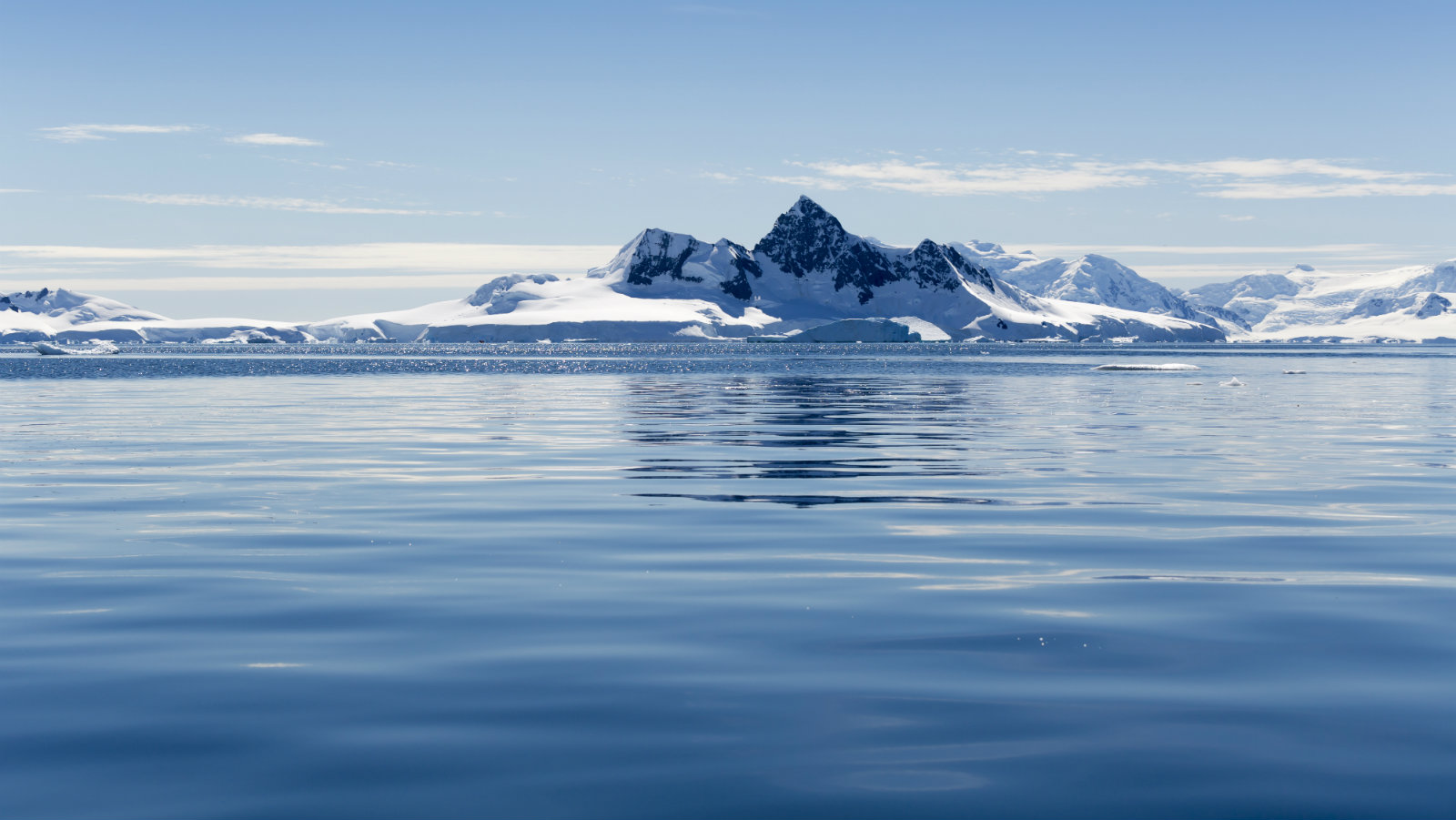Environmentalists are cheering the Obama administration’s new five-year plan for offshore drilling, with some major reservations.
The plan, released on Friday, puts most of most of the Arctic Ocean off-limits to oil and gas drilling for the next five years — but climate hawks wanted it to go further, protecting all of the Arctic. And now, with a very different president about to assume office, green groups are calling on President Obama to make those protections permanent.
The Department of Interior’s plan blocks the sale of new leases for offshore drilling in sensitive areas of the Arctic, including the Chukchi and Beaufort Seas off Alaska, and in waters along the Atlantic coast. But it allows for some limited leasing in the Cook Inlet off Alaska.
Although the plan is supposed to govern offshore leasing until 2022, it could be unraveled by President-elect Donald Trump, who promised a dramatic expansion of oil and gas drilling during his campaign. Under a Trump administration, the Interior Department could revise its five-year plan and open these areas to extraction within a few years.
That gives added urgency to hopes that President Obama will protect the Atlantic and Arctic coasts from drilling for good through an executive action. Experts argue that the risks of offshore drilling are too high and that to prevent catastrophic climate change some significant reserves of oil and gas will have to stay in the ground.
Environmental advocates say they plan on stepping up pressure on the White House to act in the weeks ahead.
“With Trump threatening to return to the days of ‘drill, baby, drill,’ President Obama should be doing everything in his power to secure our public lands and waters, climate, and communities from the significant and irreversible dangers of fossil fuel development,” says Marissa Knodel, climate change campaigner at Friends of the Earth, via email.
Putting off-shore areas off-limits to drilling is not the same as naming a national monument, but it’s similar in that it uses a presidential power outside the normal rule-making process. To repeal permanent protection, Congress would need to change the underlying law, the Outer Continental Shelf Lands Act, or pass stand-alone legislation.
“The president has clear executive authority to provide the Arctic and Atlantic coasts the permanent protection that they richly deserve, that the public would support, and that the climate science says is necessary,” says Franz Matzner, director of the Beyond Oil Initiative at the Natural Resources Defense Council. “That’s something a host of voices across the country are still calling for.”
Obama has already demonstrated that he can be moved to keep fossil fuels in the ground. Stopping leasing in Chukchi and Beaufort was a response to strong grassroots lobbying earlier this year. Obama also stopped the Keystone XL oil pipeline in response to activists’ campaigns.



